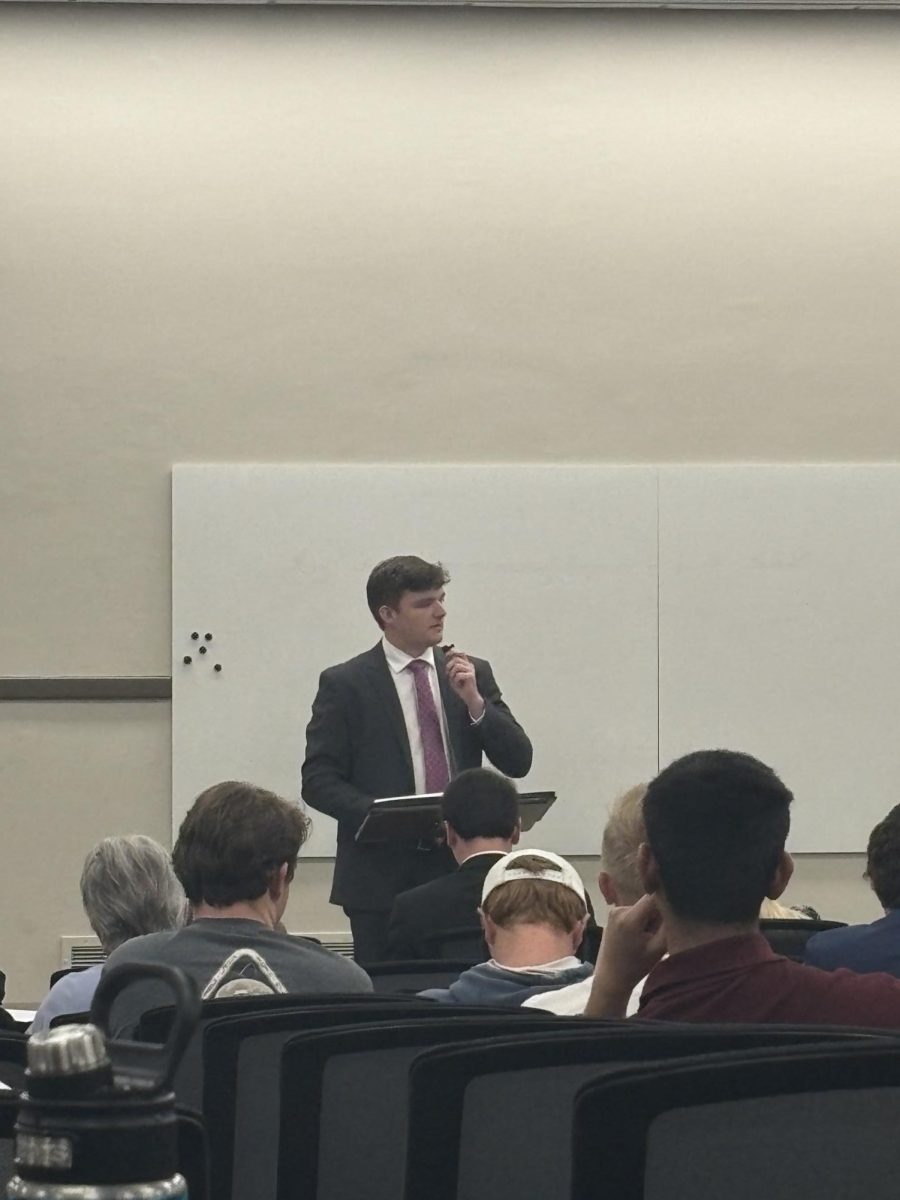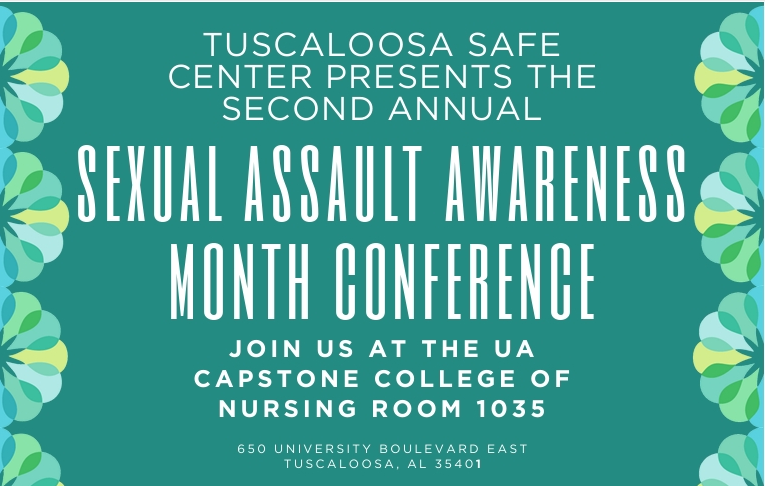Apwonjo, the University’s student organization dedicated to raising awareness about social injustice in sub-Saharan Africa, is hosting Breaking the Silence: Conflict in the Congo this week.
“We are hosting a Break the Silence week, which is actually a national thing going on by Friends of the Congo,” said Linn Goft, president of Apwonjo. “They are asking people to have events that can raise awareness about the conflict in Congo. It’s the largest conflict since World War II, yet nobody even knows that it’s happening. We’re trying to let people know that this is happening. It’s important for people to be aware of a conflict that massive.”
Apwonjo will be engaging in different activities throughout the week. On Monday, the group members participated in a “Cell Out” where they turned off their cell phones. Natalie Hallmark, vice president of Apwonjo, said they would set their voice mail to explain why their phones were currently turned off.
“We did it over all social media aspects and technology aspects,” Hallmark said. “We turned off our cell phones for an hour and had a voicemail about why we did it, which is because coltan, a mineral that’s mined in the Congo, is used in cell phones. It’s being illegally mined and it’s what the conflict is centered around.”
Tuesday’s theme was “Black Out,” encouraging people to wear black. According to Groft, group members wore black T-shirts with different sayings on them to bring attention to the Congo conflict. They also had bracelets and stickers to pass out to fellow students.
Today, the feature film “The Greatest Silence: Rape in the Congo,” will be showing in Lloyd Hall Room 38 at 7 p.m. A discussion regarding the Congo will follow the presentation of the film.
“We have members who are going to talk about different aspects of the conflict,” Groft said. “They will provide some background and explain how consumers we are all connected and showing people how we are connected.”
Groft added that buying a cell phone with minerals from the Congo does not seem like it matters, but it continues to fuel the conflict.
“As consumers, our purchases have a much larger effect than we realize,” Groft said.
Apwonjo occupies a table in the Ferguson Center and on Thursday the group seeks to make an impact on campus that will travel to major companies.
“We have a petition that we will be sending out to the top 20 electronics companies, asking them to figure out where their coltan is coming from,” Hallmark said. “If it is coming from the Congo, we’re asking for them to not use it and to find other sources that are not being abused like that. We’ll pledge to buy their products, if they’ll pledge to do that for us. And we’ll have people sign it and have the petition at the table.”
The petition will be available at the Apwonjo table from 11a.m. to 2 p.m.
Sometimes referred to as “the blood mineral,” coltan is extracted from mines that are controlled by armed groups, according to planetgreen.discovery.com. The armed groups then sell the resources to purchase weapons and other luxuries. The site continues to state that it’s a cycle that keeps war going and increases sexual violence.
As stated on the official Congo Week website, congoweek.org, the Congo is in the greatest humanitarian crisis in the world. Nearly six million people have died since 1996 as a result of greed and the desire for wealth in Congo.
“There’s not a lot of awareness about the conflict in the Congo, so I think it’s a good thing to learn about because of that,” said Apwonjo member Meridith Shook.
Member Caitlin Trotter said, “Considering the magnitude of over five million people dying and even if it’s not something that we can end right now, at least we can raise awareness about it so people can know what’s going on. The first step to ending any kind of wrong is knowing about it.”
“People need to be aware of the things they are using and the impact that can have worldwide,” Hallmark said. “Because you never think about the impact your cell phone might have. We need to make sure that we’re more aware of where the things we use come from and what conflicts might surrounds them and how we could address that by getting the electronics companies to be more accountable.”








